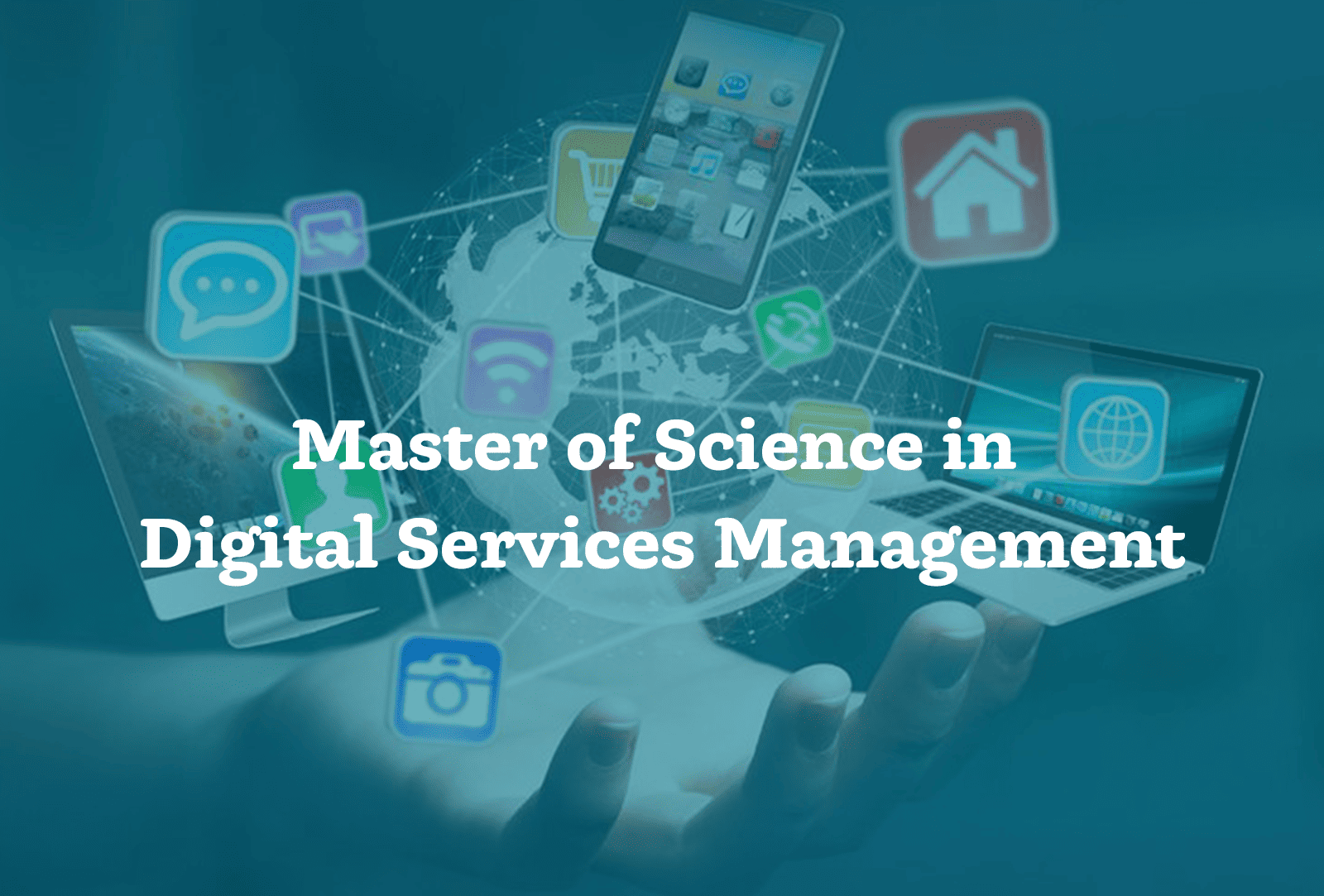Master of Science in Digital Services Management
Duration: 2 Years
Start Date:
Cost: KES 187, 5,00 | (1st year KES 101,500, 2nd year KES 86,000)
The programme targets mid-level professionals including supervisors and managers in call centers, front-office and back-office roles providing essential skills for success in the digital economy. It also caters to individuals in digital services firms, corporate organizations, government agencies and MSMEs seeking outsourcing opportunities. By addressing skill gaps, the University aims to enhance workforce capacity and professional growth to meet global digital market demands.
Career Prospects
Graduates are well-equipped to take on leadership roles in a variety of settings including:
- Digital Services Manager
- Call Center Operations Manager
- Front Office/Back Office Manager
- Outsourcing Manager
- Customer Experience Manager
- IT Service Manager
- Operations Manager in Digital Services Firms
- Government Agency Digital Services Coordinator
A candidate must satisfy the general University admission criteria for Masters Programmes:
- A Bachelors degree in a relevant area of study or an equivalent qualification recognised by Senate.
- A Bachelors degree with at least a Pass or an equivalent qualification recognized by Senate and a relevant Postgraduate Diploma from the Open University of Kenya or an institution recognized by Senate.
Kindly ask for a return call from our proficient OUK course consultants to have your inquiries addressed.
Other Programmes offered
- Bachelor of Data Science
- Bachelor of Agri-Technology and Food Systems
- Bachelor of Business and Entrepreneurship
- Bachelor of Science in Cybersecurity and Digital Forensics
- Postgraduate Diploma in Leadership and Accountability
- Postgraduate Diploma in Learning Design and Technology
- Bachelor of Technology Education
- View More

